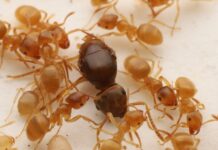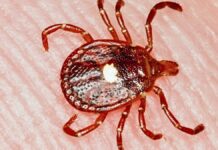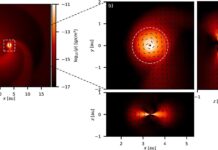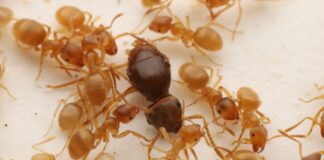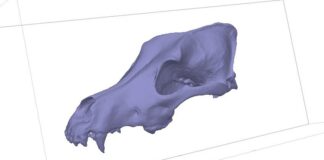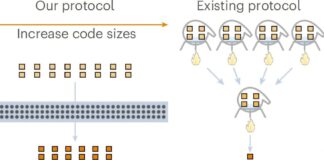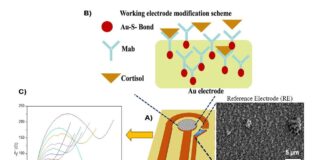A newly discovered form of parasitic manipulation has been documented in ants, where an invading queen tricks the host colony’s workers into killing their own mother queen before usurping the throne. Researchers at Kyushu University observed this behavior in Lasius orientalis and umbratus —known colloquially as “bad-smell ants”—as they infiltrated colonies of Lasius flavus and japonicus. The parasitic queen exploits the host colony’s reliance on chemical signals to deceive workers into perceiving their own queen as an enemy.
The Deceptive Strategy
The parasitic queen infiltrates the host colony by acquiring the colony’s scent, allowing her to avoid immediate detection. Once accepted, she locates the host queen and sprays her with a foul-smelling chemical—believed to be formic acid—altering the queen’s scent and triggering an aggressive response from her own daughters. This manipulation results in the workers killing their mother, effectively clearing the path for the parasitic queen to take over.
Chemical Warfare and Colony Collapse
Formic acid, a chemical stored in specialized organs in some ant species, is crucial to the deception. The parasitic queen uses it to mask the host queen’s natural scent, causing the workers to perceive her as an intruder. The researchers observed that the parasitic queen retreats immediately after spraying the formic acid, likely to avoid being attacked herself while the manipulated workers carry out the lethal assault. She returns repeatedly until the workers dispose of their mother queen.
A Novel Form of Parasitism
This behavior represents a unique form of social parasitism, distinct from previously recorded instances where either the mother or offspring benefit from matricide. In this case, neither party profits; only the parasitic third party gains control of the colony. The researchers noted that, unlike previous reports of worker-initiated matricide in response to parasites, they have now observed the direct actions that cause this behavior.
Implications and Future Research
The study, published in Current Biology on November 17, highlights the complex and often brutal dynamics of insect societies. The parasitic queen’s success depends on exploiting the host colony’s reliance on chemical communication, a vulnerability that allows her to manipulate the workers into committing an act that, at first glance, appears maladaptive. The researchers suggest that further study of this behavior could reveal new insights into the evolution of social parasitism and the mechanisms of chemical deception in insect colonies.
Once the host queen is eliminated, the parasitic queen begins laying her own eggs, ensuring the colony’s future generations will serve her instead. This demonstrates a ruthless efficiency in the parasitic ant’s strategy, securing her dominance through calculated manipulation and lethal exploitation












